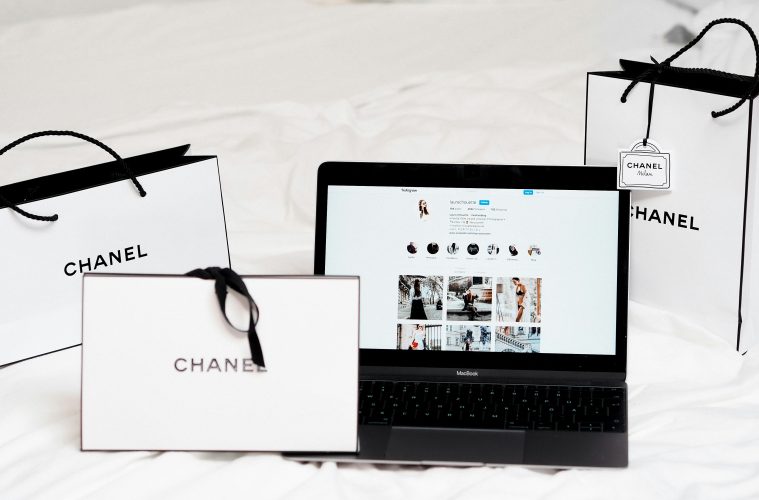by Joy Donnell
With a background in PR, media strategy and content creation for luxury and entertainment brands, Joy Donnell currently serves as Luxury Director for Vanichi Magazine. She speaks internationally about brand and publicity best practices. You can find her online at doitinpublic.com.
You need a Partner. Not a Sponsor.
Every entrepreneurial person on the planet wants to know how to gather corporate funds through sponsorship and branding. Some court the situation with a, “what’s your brand going to do for me” attitude that usually doesn’t play well. Others get so entrenched with the process of work and planning that approaching brands becomes an afterthought. They then reach out in frantic, stressed out and disconnected ways that blatantly show a lack of forethought which is, for most Brand Managers, a complete turn-off.
Needless to state, you want the brand to turn on, not off. In order to enter sponsorship rounds from a position of strength and stability, take these six steps to give your efforts a formidable fighting chance.
1. Know Thyself. Don’t just have some vague idea that you want a brand contract or sponsor. Know exactly what you want it and why you want it. Decide if you need monies for a project or event, for a speaking engagement or directly for your personal brand. Once you know what you’re doing, you can get honest about how much money you need. This is important because the amount you need will qualify which corporations you approach. A major event at a coliseum with 1,000 attendees demands a major corporation. Your own personal brand may only warrant smaller regional or local businesses.
2. Make it Match. Your list of potential sponsors should make sense for what you’re doing. If it takes you too long to explain why XYZ brand is a perfect fit, well, it will take them too long to connect the dots, too. You want them to look at your opportunity, look at themselves, and immediately understand why the partnership makes sense. Don’t just say it, show it. Use verbiage complemented with visuals and graphics that draw straight lines between your brand and the potential sponsor. Now is not the time to be subtle.
3. Talk like a Partner. Partners want to help one another, not use one another. Think of your potential sponsor as a possible partner and let your language follow accordingly. List what you can do for them. Detail where their logo will appear, who will see it, when they will see it and how their brand will get special attention. Give lots of options so that there’s something to fit every budget.
4. Be a Good Host. Businesses grow from introductions and referrals. Always keep in mind who your potential sponsor wants to meet and how you can help make those introductions. For instance, American Express Business wants access to young entrepreneurs with great credit. Do you have the demographic this brand wants?
5. Dig Deeper. Brands leave sponsorship footprints all over the place. Do a Google search and see what your potential sponsor has been working on. What events are they supporting? With which individuals are they teaming up? Figure out how you are like-minded or different from the rest. Then, leverage those comparisons and contrasts.
6. Make It Personal. Don’t send general, mass distributed sponsor proposals. You did your research, so use it and make a customized proposal for the brand. Show them exactly how sponsoring you or your project fits their overall goals and is consistent to their brand, how it will benefit their business and visibility and how partnering with you will enhance their brand recognition.
Don’t forget to follow up. Also, know how flexible you are about the money before you start the conversation. If a great brand is saying “no” over a matter of $10,000, know ahead of time if that’s a dealbreaker for you or if you can make a reduced amount work.

